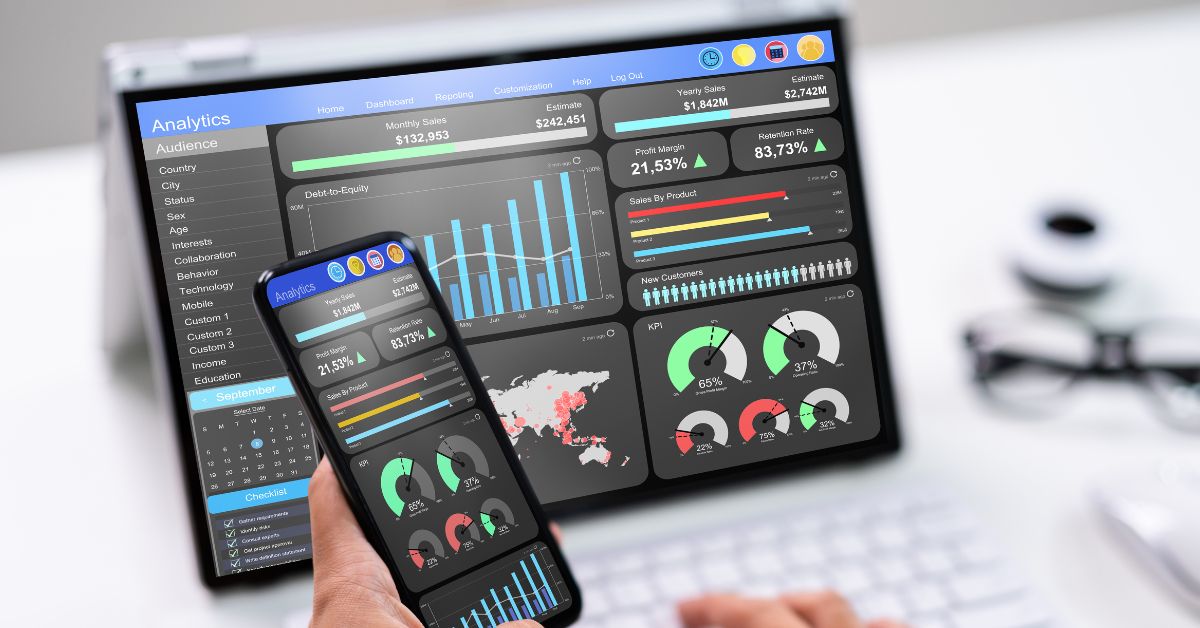Mentoring has always been extremely important in the legal industry. According to a study published in the late 1990s by the National Association of Law Placement (NALP), associates were leaving firms mainly because they didn’t receive the mentoring that they needed and wanted.
Mentorship can be just as crucial for professionals in every other area of the law firm. Recently, we shared a post on how to find a mentor, and why every legal professional should.
But the mentee isn’t the only one who benefits from a mentor/mentee relationship. The mentor often feels great satisfaction by helping rising professionals become more skilled in the legal industry. Mentees frequently have a lot to offer to their mentors, too, including the experience they typically have using technology.
And when mentors introduce mentees into their own professional network, they enhance their own reputations, and as their mentees build their own careers, they will likely return the favor by introducing their former mentors to new contacts.
How to develop yourself as a mentor
Many prospective mentors don’t fully understand what it takes to build a dynamic mentor-mentee relationship. The best mentors are part coach, counselor, advisor, master, teacher, and therapist, transitioning from one role to another at a moment’s notice, based on the mentee’s needs at any given time.
Rockstar mentors are those who have the ability to learn from and with their students, who are more likely to be studying legal journals and researching new laws.
In order to establish a successful mentoring relationship with someone in your industry, you’ll need to consider and apply the following:
Flexibility/Adaptability
Mentors have the ability to approach each mentorship differently, including the type of commitment you can and want to make. Decide for yourself what you’re interested in doing with a mentee, and how much time you’re willing to devote.
Reasonable expectations
At the first meeting, sit down with your mentee and discuss their expectations for the relationship and share your own, to make sure that you are both on the same page regarding the direction the mentorship should take.
A vested interest
The best mentors take a genuine interest in their mentees as individuals to not only build trust but also establish an authentic connection that will inspire them to reach their goals.
Listening skills
To be an effective mentor, you’ll need to have active listening skills. Use them to make sure your mentee’s concerns are being heard and understood. Try to keep an open mind to what your mentee is saying, don’t interrupt, and never force your own solutions.
Positive feedback
You’ll need the capacity to provide constructive (and sometimes corrective) feedback in a positive way to build the relationship and encourage progress.
Good instincts
Legal mentors must possess good instincts regarding how and when to give advice –try to protect mentees from making unnecessary mistakes, but encourage them to take reasonable risks when appropriate.
Effective mentoring relationships don’t just happen; effective mentors use these specific processes and skills throughout the relationship, and these processes and skills can be learned, allowing satisfying changes to take place for both the mentor and the mentee.
Working with mentees
Being a mentor is a lot like being a trusted advisor. It involves making yourself available to advise and support your mentee when they need it, providing that support in a way that they will understand, and keeping their interests foremost in your mind.
Regarding the actual relationship, a mentorship can last for years or just a few weeks or months. Although many mentors work in person with their mentees, the increased use of technology has definitely had an impact. More and more mentoring relationships are conducted remotely via video chat or even the telephone. As long as both you and your mentee feel comfortable in your chosen medium, it might be worth incorporating flexibility into your meetings.
Do you know of other ways that mentors can effectively work with mentees? Tell us about them in the comments!








